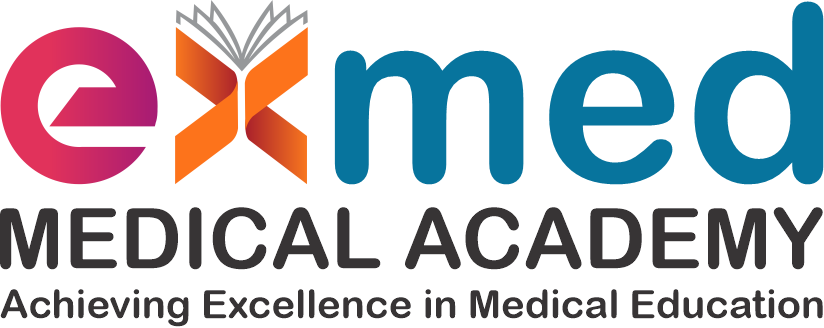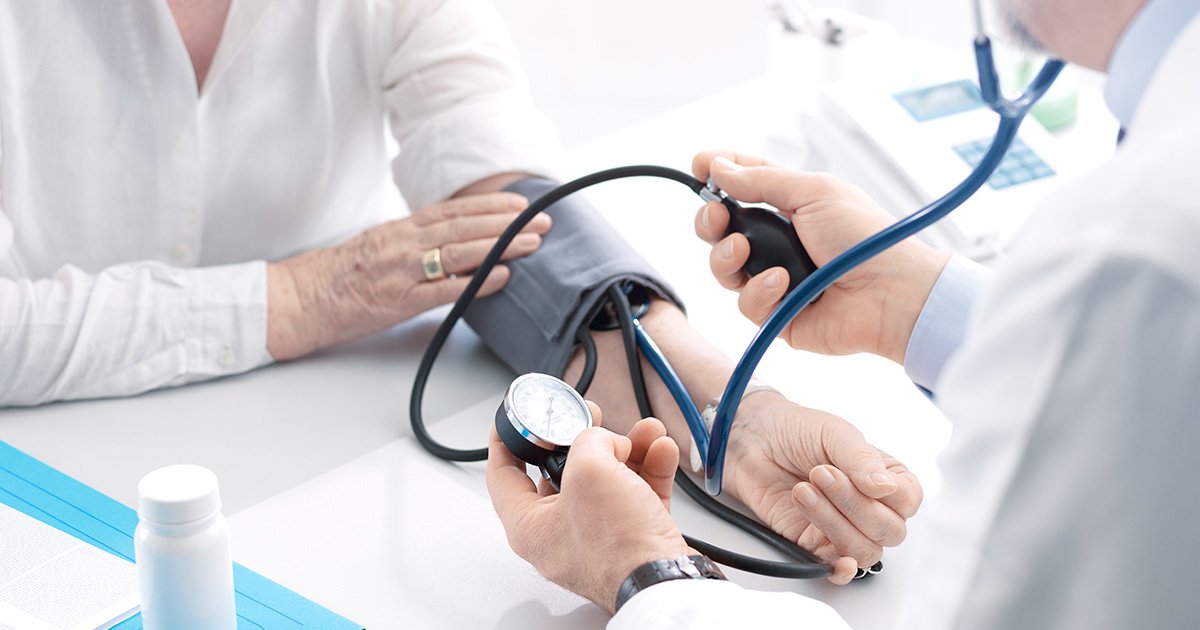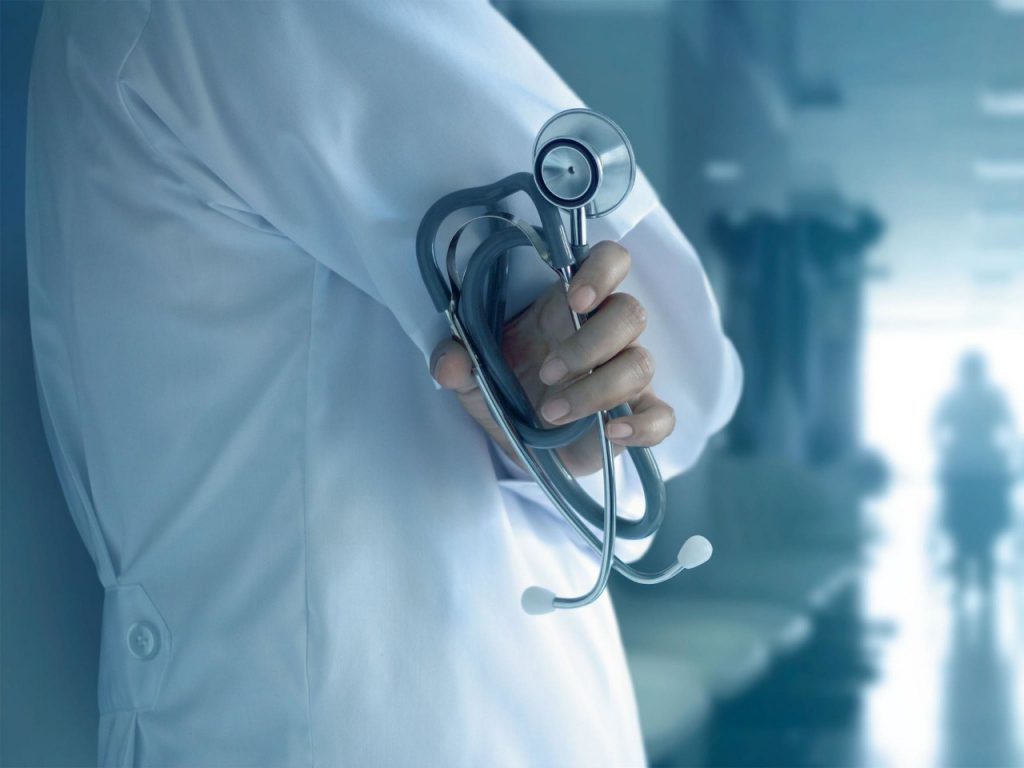Hypertension is high pressure of blood in your arteries (blood vessels which carry oxygenated blood to all parts of the body). It is recorded as 2 numbers, Ex: 120/80 mmhg. The top number is called the “systolic pressure” which is the pressure in the arteries when the heart contracts. The bottom number is called the “diastolic pressure” which is the pressure in the arteries when the heart rests between each heartbeat.
High blood pressure is defined as pressure above 140/90 mmhg in individuals who are below 60 years of age or above 60 years. It is important to take multiple readings preferably at home and using a BP apparatus which is calibrated.
JNC 8 guidelines
Normal BP: Systolic pressure 100 to 140 mmhg
Diastolic pressure 60 to 90 mmhg
Hypertension: 140/90 or above for age group below 60 years
150/90 or above for above 60 years
What causes Hypertension?
Majority of the times there is no cause found (primary or essential hypertension) and it may be related to genetic predisposition or lifestyle influences
In nearly 10% of patients (1 in 10 persons), hypertension could be due to some other problems (secondary hypertension) in the body like kidney disease, hormone problems, medications like steroids.
How is Hypertension diagnosed?
Hypertension is diagnosed by checking blood pressure using a machine (mostly automatic BP apparatus or digital manual BP apparatus). The cuff is wrapped around your upper arm and BP is checked. Make sure the cuff is of appropriate size for you and it fits snugly (should allow 1 finger to pass underneath the cuff). It is important the cuff is not too tight or too loose. Do not use a small cuff if your arm size is big (large cuffs are available for overweight or obese individuals). Also note that the BP may vary by 5 to 15mm between both the arms. Usually the dominant arm is expected to show more pressure than the other arm.
BP normally varies during the 24 hours period for people with normal BP also. Usually it is lower in the morning when we wake up and tends build up during the day. So, it is important to take one reading in the morning (before 10 AM) and another reading in the evening (after 6PM). If more than one reading on 2 different days give higher number then it is highly indicative of Hypertension (make sure you are relaxed each time the reading is taken).
When should I worry about my Hypertension?
There are no specific symptoms of hypertension. Any blood pressure reading above normal associated with symptoms like chest pain or breathlessness or headache or dizziness or blurring of vision or visual loss should prompt immediate medical attention. In the absence of these symptoms, if the BP reading (more than once) is above 180mmhg (systolic) or above 120mmhg (diastolic) then also medical advice should be taken as soon as possible.
If your BP readings are not within normal limits despite medications then it is important to seek medical attention for change in medications. Do not neglect persistent abnormal BP readings. High blood pressure can affect certain organs in our body like the heart, kidneys, brain and eyes.
What is Low blood pressure? Should I be worried if I have it?
Many times people mention they have “low BP”. It is not necessary that the BP for all individuals should be 120/80mmhg. Normal BP levels may be different in different persons based on their sex, ethnicity or body built. If your body organs are functioning well and you do not develop any dizziness when standing up, then, the BP value of 100mmhg (systolic) or above 60mmhg (diastolic) may actually be your normal BP. Sometimes, your doctor might perform some investigations to come to such a conclusion.
To explain hypertension differently, imagine a water pipeline which is supplying water to houses (organs) in a colony (human body) through its branching pipelines (arteries).Water is pumped out by the motor (heart) into the main pipe (aorta) from where water (blood) is released and when it is done with certain pressure only the water will reach every house in appropriate amount. If the pressure is too high then the nearby houses might see excessive water flow and sometimes the pipe might even burst. If the water is released with less pressure then it is possible that only nearby houses will get water and some houses won’t get any water supply due to low pressure. If the water is reaching all the houses correctly and adequately then that pressure is the appropriate pressure.
What investigations should I undergo if I have Hypertension?
Your doctor will decide the appropriate investigations as per the clinical situation. Mostly there are few blood tests mainly checking your kidney function, blood sugar test, cholesterol tests and some hormone assays if required. You may be asked to undergo an ultrasound scan of your abdomen (tummy). Sometimes a scan of your heart (2D-ECHO) and a detailed eye examination may be requested.
How is Hypertension managed?
Hypertension is managed by using tablets which your doctor will decide and give you a prescription. In the beginning, your doctor may need to adjust the dose repeatedly until the right dose of the right medicine is established which keeps your BP under control. You may require one or more tablets to control your BP. It is important to take the medications regularly at a time advised by your doctor. It is advisable to monitor your BP at home and present the readings to your doctor on your next follow up visit. It may help the doctor decide the right dose of your medicines as per the readings.
If you have diabetes and hypertension, then, your target BP may be different from those without diabetes. It is equally important to keep your diabetes in control along with BP to prevent many heart related illnesses, kidney problems and eye complications.
Certain measures can help control your blood pressure apart from medications- regular walking, exercise, healthy diet (low salt diet in some patients), avoiding stress, adequate sleep, weight reduction in case you are obese or overweight. Quit smoking and alcohol intake to prevent complications due to hypertension.
Hypertension cannot be cured. Most of the times, medications have to be taken lifelong. Do not stop medications without consulting your doctor. Sometimes, if B.P was found to be high due to certain situations like stress, pregnancy etc, B.P controlling medications may not be advised for a long time.
Do not undertake unaccustomed exertion or activities. Do not skip medications, if you miss your medicine, take it as soon as you remember it. Do not indulge in self medication; ask your Doctor if you have any queries.
What are the consequences of untreated hypertension?
If your BP is high and untreated it may lead to certain complications like heart attack, brain stroke, heart failure, kidney failure, visual loss and rarely, sudden cardiac death. It is possible that a person may have high BP and be completely unaware of it. Sometimes, hypertension may be picked at a time a patient presents to the doctor/hospital with a complication. So, it is important to check your BP periodically to diagnose hypertension early and avoid complications.



